Truthdigger of the Week: Jonathan Schell
Readings of over half a dozen commemorations of Schell and a handful of his works in the days after his death suggest that a firm orientation toward basic moral concerns was one of the gifts he gave to readers caught in a society losing faith in its own decency.A firm orientation toward basic moral concerns was one of the gifts Jonathan Schell gave to readers caught in a society losing faith in its own decency.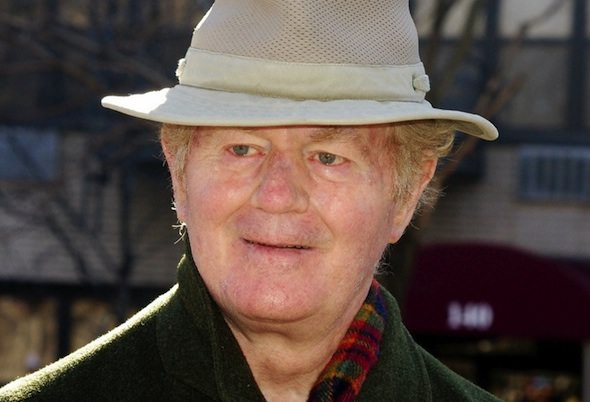
Jonathan Schell was just 24 years old when he watched American soldiers and their South Vietnamese allies raze the village of Ben Suc to the ground. Schell’s account of the attack, published in its 32,000-word entirety in a July 1967 issue of The New Yorker, immediately became a seminal document of the Vietnam War, revealing to many for the first time the absurdity of the misguided or disingenuous attempt of the U.S. government to win the “hearts and minds” of the Vietnamese people.
The day after Schell’s death from cancer last week, “by an underlying blood condition that just might have been caused by Agent Orange, the poisonous defoliant chemical so widely used by U.S. forces in Vietnam,” TomDispatch editor Tom Engelhardt wrote, David Remnick, editor of The New Yorker — where Schell wrote for 20 years after publishing “Ben Suc” — evoked the “quiet force” of Schell’s prose by quoting the conclusion of that piece in his remembrance of the writer:
Faithful to the initial design, Air Force jets sent their bombs down on the deserted ruins, scorching again the burned foundations of the houses and pulverizing for a second time the heaps of rubble, in the hope of collapsing tunnels too deep and well hidden for the bulldozers to crush — as though, having decided to destroy it, we were now bent on annihilating every possible indication that the village of Ben Suc had ever existed.
Readers young enough to know only a United States responsible for Middle East invasions and secretive drone wars will find nothing exceptional about the attribution of such actions to their government. But to generations of Americans who saw themselves primarily as proud citizens of a nation that helped clear a snarling fascism from the globe just decades before, the calculated aggression reported to have been committed in their name must have sent chills to their cores.
Readings of over half a dozen commemorations of Schell and a handful of his works in the days after his death suggest that a firm orientation toward basic moral concerns was one of the invaluable gifts he gave to readers caught in a society losing faith in its own decency. His writings in The Nation magazine, which in 1987 became his journalistic home after he was passed up for the editorship of The New Yorker, speak unequivocally to the compassion and conscience of the reader. An editorial published two days after the attacks of September 11, 2001, spoke of a “hole” that had been punched in “our world. A patch of blue sky that should not have been there.” A year and a half later, the Bush administration’s decision to respond to the attacks by invading and overturning Iraq left “an unbroken record of waste, futility and shame” — yet another horrific legacy for Americans of goodwill to lie awake and despair over.
In addition to his depiction of Ben Suc, it seems Schell will be remembered chiefly as a critic of the insanity of nuclear weapons. His major 1982 best-selling book, “The Fate of the Earth,” is cited everywhere the danger is seriously discussed. Had politicians and the media continued to take the ongoing risks of a nuclear war or accident seriously after the fall of the Soviet Union, Schell’s coverage of the issue no doubt would have made him better known to the American public. He went on to treat the subject with the books “The Gift of Time: The Case of Abolishing Nuclear Weapons Now” and “The Seventh Decade: The New Shape of Nuclear Danger.” He joked later on that he was “less in the wilderness” once the “Wall Street Journal crowd” had “spoken up” about the dangers in a 2007 pro-disarmament opinion piece titled “A World Free of Nuclear Weapons,” co-authored by Cold War-era Secretary of State Henry Kissinger.
Like revolutionary father-figure Stéphane Hessel, for present and future generations, Schell deserves to be read as a sober-eyed encourager of popular dissent. In a letter from The New School for Social Research, where Liberal Studies chair James Miller said Schell played an “instrumental” role in the transformation of that department, sociology professor and friend Elzbieta Matynia remembered that she “never saw Jonathan so happy as during the emergence of the Occupy movement.” (Schell left the department in protest in the spring of 2001 after it was revealed that the school’s new president, Bob Kerrey, may have been guilty of war crimes in Vietnam.) Taking into his pen the untamed “rebellious hearts and minds” across the globe, Schell published “The Unconquerable World: Power, Nonviolence, and the Will of the People” with editor Tom Engelhardt in 2003. “It was a book so far ahead of its time that, in the invasion-of-Iraq moment, almost no one noticed,” Engelhardt wrote in his tribute to Schell. “He was then perhaps the only person who imagined that, in our future, lay an Arab Spring, an Occupy Movement, and whatever-is-still-to-come.”
We won’t see what could have been the author’s final work. “The Human Shadow” was planned to draw on years of research to make a definitive statement on the coming age of human-caused climate change.
Schell’s death marks the loss of one more voice made up of a rare combination of reason, conscience and sensitivity. From the late 1960s up through a few days ago, America was blessed to have him on the watch. We hope his example will light a way for for others of similar hopes, talent and disposition. For doing so while he lived, we honor Jonathan Schell as our Truthdigger of the Week.
Below, hear Schell read from the writing of the first president of the Czech Republic, Vaclav Havel, at an Occupy Wall Street teach-in in late February 2012.
NewYorkRawVideos:
Your support matters…
Independent journalism is under threat and overshadowed by heavily funded mainstream media.
You can help level the playing field. Become a member.
Your tax-deductible contribution keeps us digging beneath the headlines to give you thought-provoking, investigative reporting and analysis that unearths what's really happening- without compromise.
Give today to support our courageous, independent journalists.
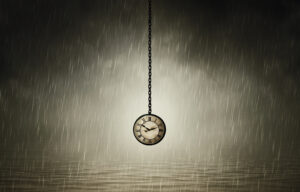
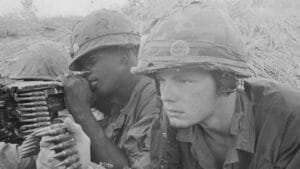
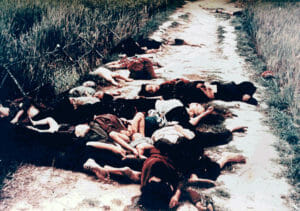

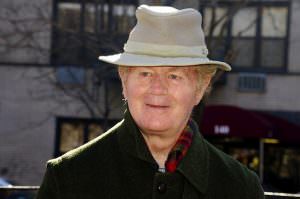
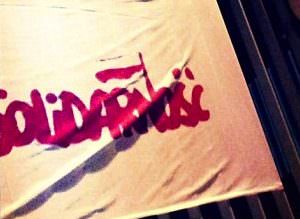
You need to be a supporter to comment.
There are currently no responses to this article.
Be the first to respond.